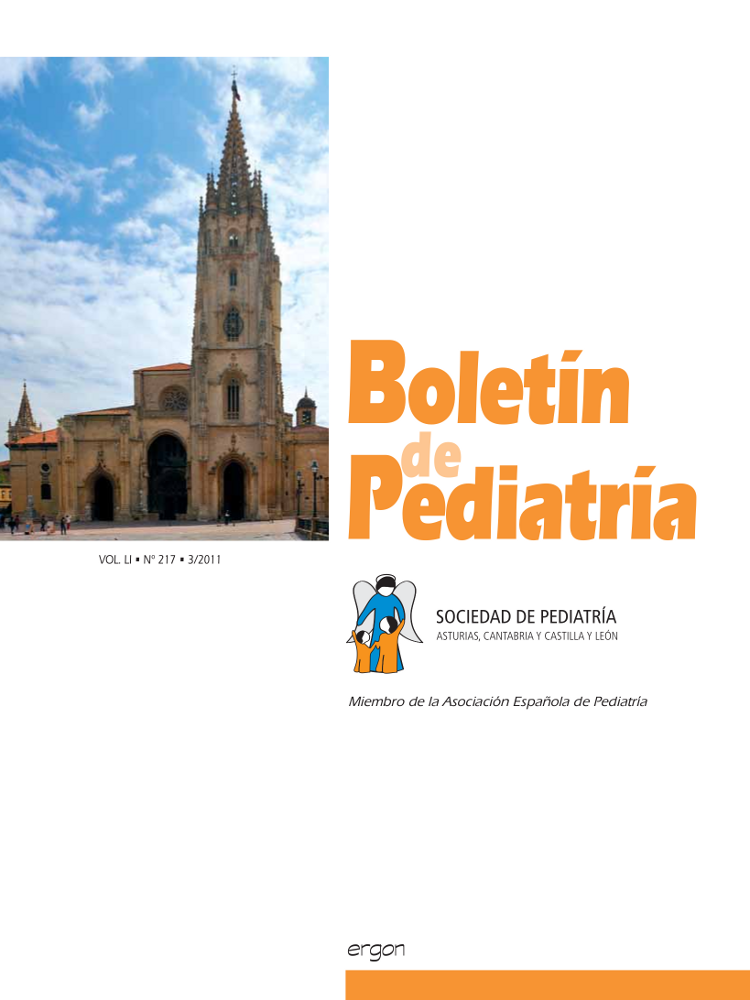Abstract
In the primary care consult, the pediatrician must face quite frequently with a child with recurrent fever. Most of the times the diagnosis is recurrent viral infections, but behind this scenario an autoinflammatory syndrome might be missed. Autoinflammatory syndromes are a group of diseases characterised by recurrent or persistent inflammation, without an evidence of autoimmune or infectious etiology. The delay in the diagnosis in these diseases is important, and some of them have a poor longterm prognosis because of secondary amiloidosis. The incidence is low, but it is probable underestimated because of the difficulty in the diagnosis. There is a group of autoinflammatory syndromes in which the main symptom is periodic or recurrent fever, usually accompanied by skin rash, abdominal pain, arthralgias or arthritis and limphadenopaty. In this paper we describe these entities, and summarize the way we can suspect, diagnose and treat these syndromes in a practical way.

This work is licensed under a Creative Commons Attribution-NonCommercial 4.0 International License.
Copyright (c) 2011 Boletín de Pediatría
